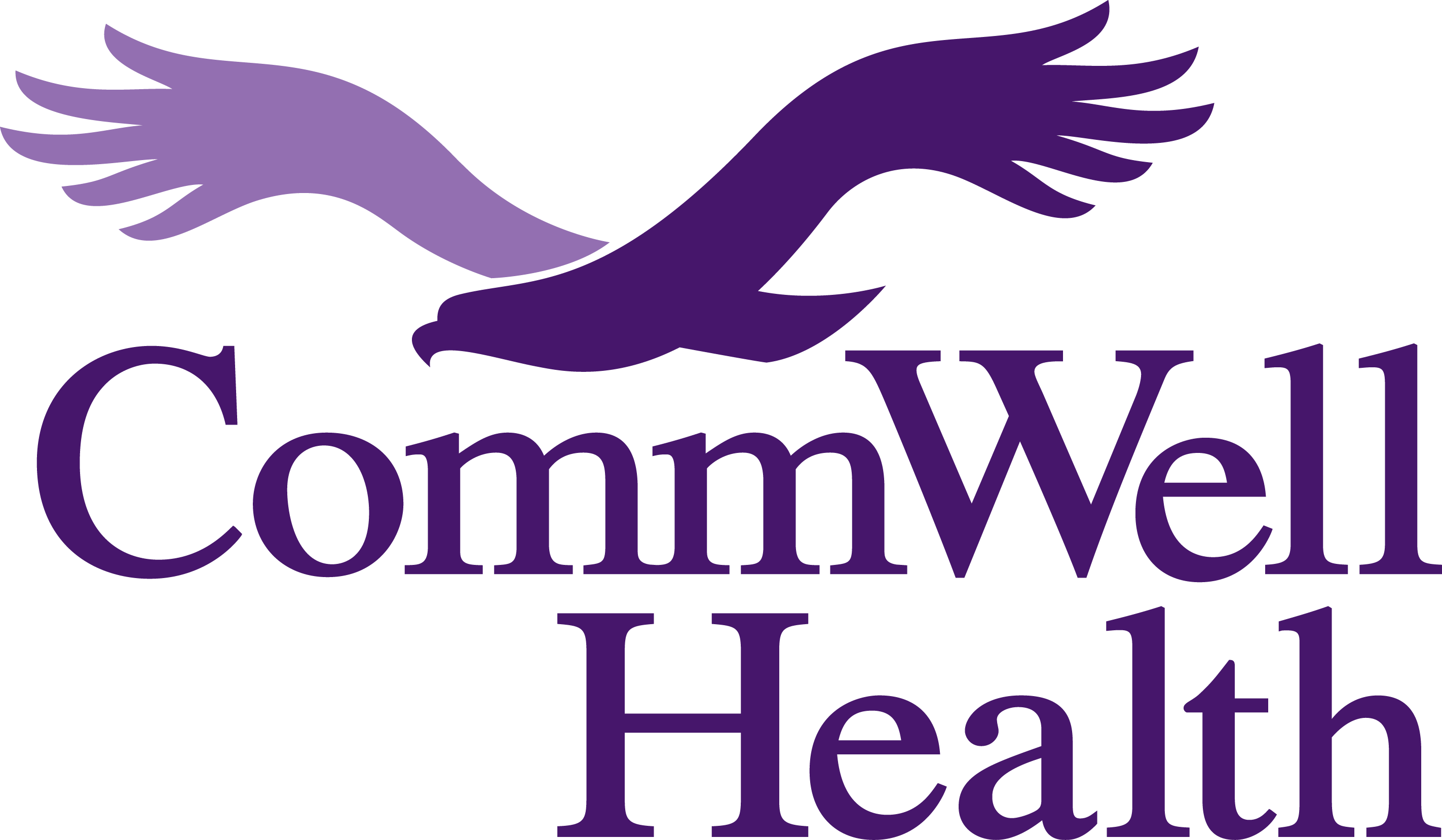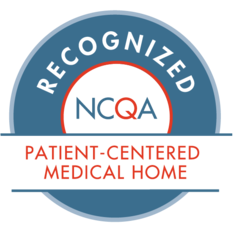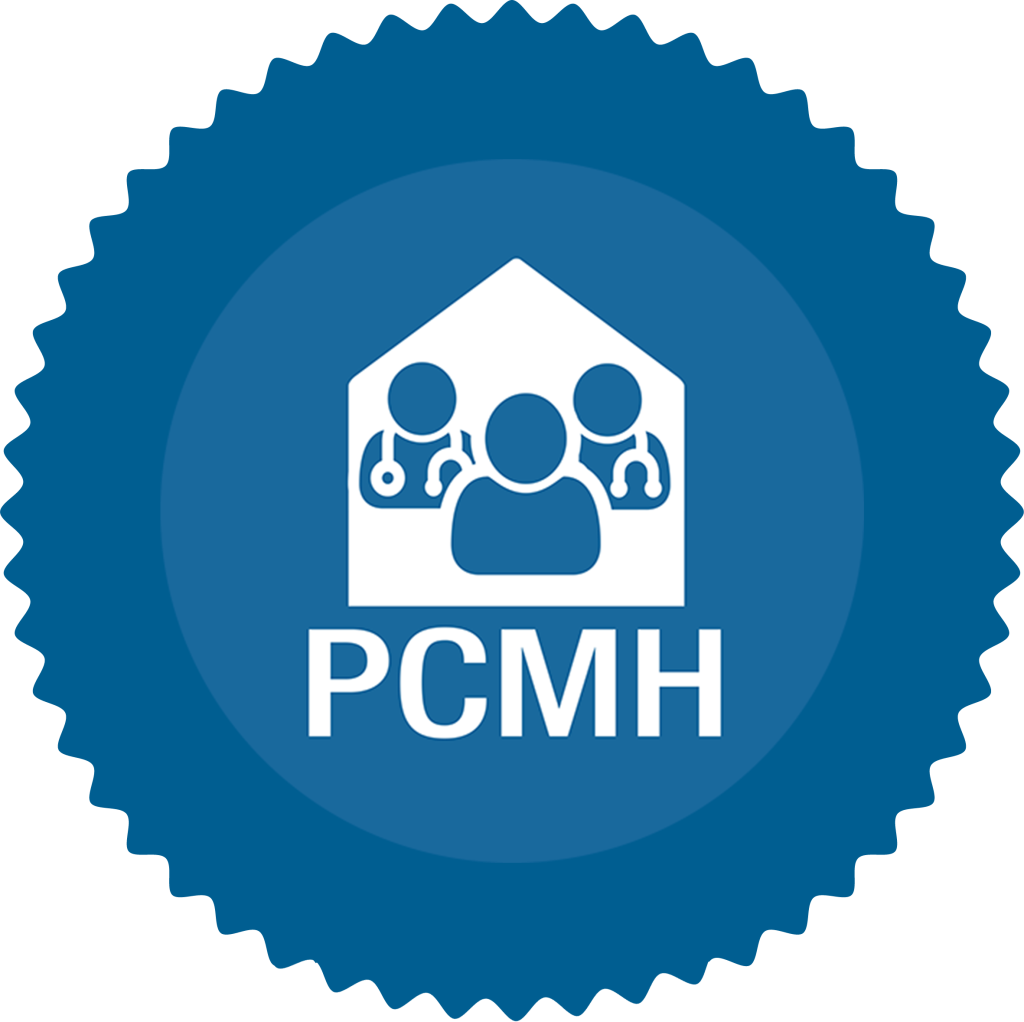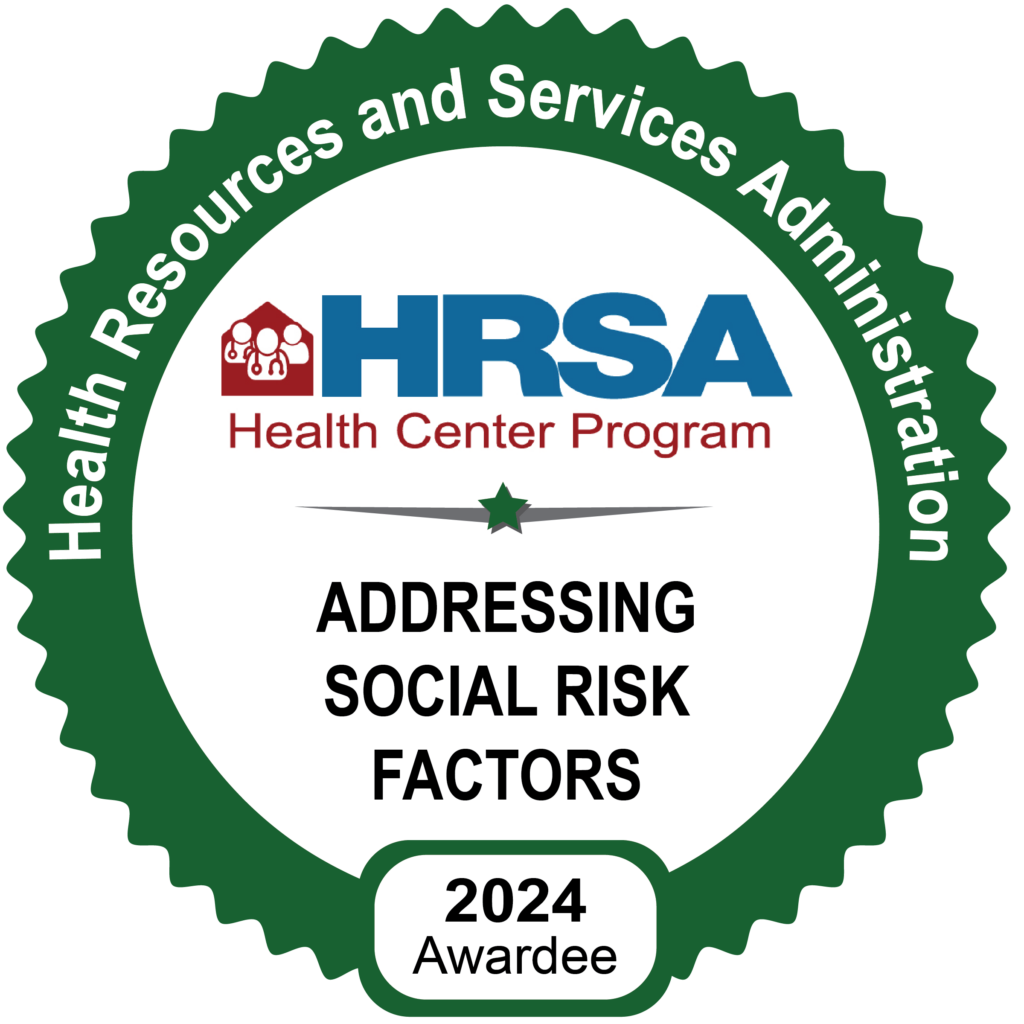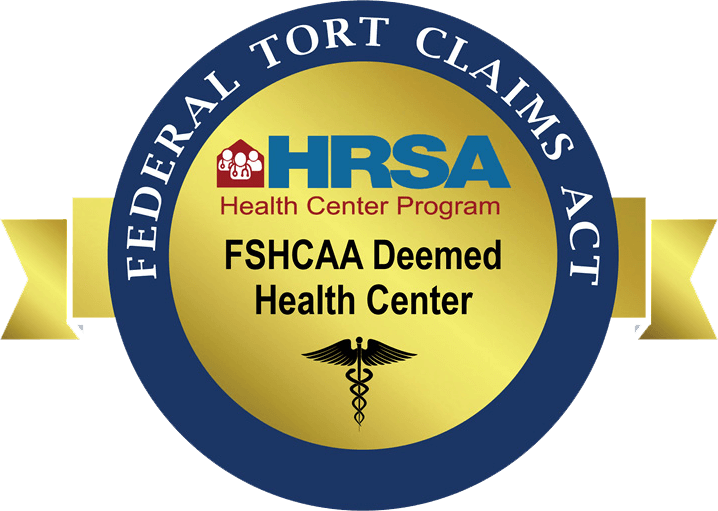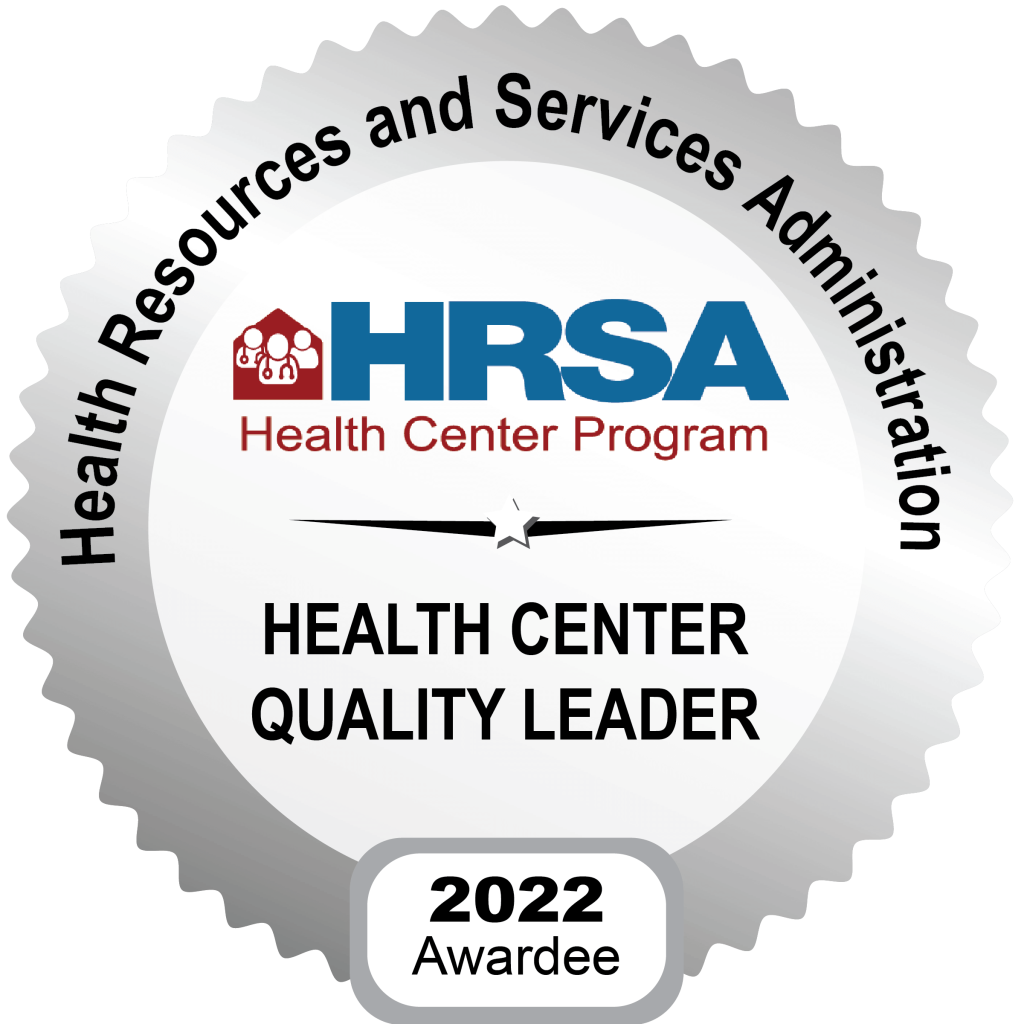
CommWell has fifteen clinic locations and a dental bus. Their brick-and-mortar locations provide multi-disciplinary health care on a sliding payment scale. As McKeithan remarked, “You walk in the door, you deserve healthcare.” While their care ethic is to provide affordable all-in-one care to rural communities, McKeithan emphasized that it was essential to operate outside the walls of the clinic and get into the community. CommWell is heavily invested in the communities they serve. They network through local, regional, and national government; county fairs and festivals; influential employers in the region; and through faith-based communities to increase awareness about their services and increase their efficacy throughout the region. McKeithan also works with local property owners, leasing agents, and realtors to secure stable housing for patients, noting that it was absurd to expect someone to take their pills when they didn’t even know where they’d be living from week to week.
Dr. King soon turned the conversation towards the humanities. How can ethnographies, oral histories, and the arts contribute to furthering the mission of CommWell and similarly-oriented health providers? McKeithan, who studied Psychology and African American studies at UNC, cites her work here as part of a humanities-focused foundation to the way she thinks and works. Unsurprisingly, the subject of empathy came to the fore. McKeithan observed that having humanities training allows you to have more empathy, to value patients, and makes you more inclined to give your best when providing treatment. This is certainly reflected in the multi-faceted impact that CommWell has on their patients, from medicine and mental health to jobs and housing. Dr. King additionally wondered if studying humanities makes us better consumers of care and leads to better health outcomes.
Storytelling is an important aspect of McKeithan’s advocacy work. She uses it as a tool to encourage preemptive action–too many patients have their first appointment when their illness is late stage, rather than when it is more treatable. It is also part of her advocacy with the government to secure funds and litigation that support the cause of healthcare for the disenfranchised. This seemed to be a place where academy-trained humanists might take their skills and passion.
The most poignant moments of the conversation happened when Dr. King and McKeithan began discussing how CommWell was creating change and how others might do the same. The audience was given a window into the fire of a woman that is Lisa McKeithan: “How are we loyal to an infrastructure that isn’t working? We have healthcare, but it doesn’t work in rural communities! Why aren’t we changing something? Federally qualified health centers can be a solution!” (paraphrased)
Indeed, with rural hospitals closing down at alarming rates, some kind of shake up is necessary to continue providing care to the rural south. McKeithan and CommWell gave audience members a good look at one possible solution. Besides McKeithan, who won the audience over with her effortless mix of humility and passion, empathy and storytelling were champions of the day. “Patients will tell you a story, and you have to listen. Empathy makes such a huge difference,” insisted McKeithan, going on to explain that within that story you can uncover the social determinants of health that go far beyond the medical care provided within clinic walls.
In the case of the Hutchins conversation last night, healthcare and humanity met in a beautiful way–one that was an inspiring reflection of the work being done at CommWell clinic. Currently there are no UNC students involved in their organization, so if you’d like to know more, please contact me and I will connect you with the right people!
_____________________________________________________________
Nick Allen (nicka@live.unc.edu) is a first-year student in UNC’s M.A. in Literature, Medicine, and Culture. He studies gerontology and end of life and currently serves as HHIVE’s R.A.
